How Each Type of Insulation Holds Up in Hot Summer Weather
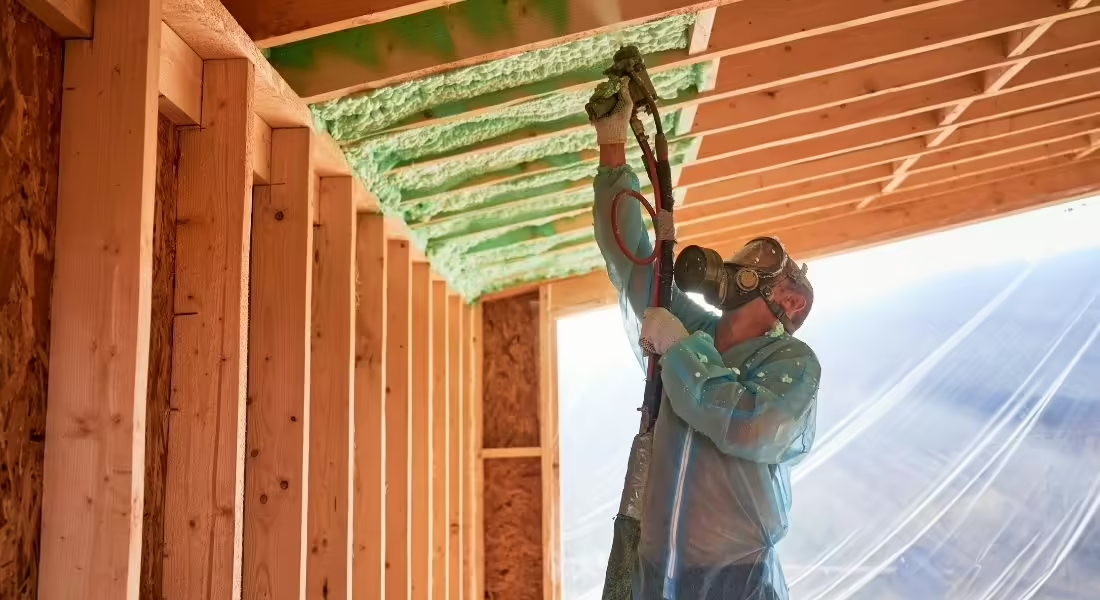
If you have to keep turning down the AC to find a comfortable temp, you likely have a home that’s improperly insulated. It’s time to up your insulation game. Different insulation types hold up differently to the hot summer weather, so it’s a good idea to educate yourself on how each type works to make the correct decision.
Why Do Homes Overheat in the Summer?
You probably don’t realize how much air your home loses during the summer. Humid air sneaks into your house as the cold air escapes. This silent, continual process is known as air exchange, which is why your house can become sticky and uncomfortable during the heat. No homeowner wants this.
So what will prevent heat from entering your home and creating that environment? The answer: insulation. Issues arise when your house isn’t correctly insulated. A lack of insulation can cause the walls, attic, ceilings, and floors to heat up increasingly.
The good news is that you can quickly fix this issue if you find that your house has this problem. Contact the experts at Paragon Protection to create a cozy or cool environment in your home. We'll determine the areas that are under-insulated or that have no insulation at all and find a solution that will provide comfort all year long. The days of worrying about temperature fluctuations will be behind you.
R-Value
How can you tell what insulation is best at holding up in the summer heat? First, you must understand R-value. The R-value shows a material’s thermal resistance, or its ability to slow down the heat trying to get into the house. The higher the number, the better the thermal resistance. Insulation types with R-values between R30 and R60 are typically good options for locations with hot summers. When you’re deciding which insulation is best for your home, pay close attention to the R-value.
Different Insulation Types
Cellulose Insulation
Because of its price point, you’ll commonly find cellulose insulation in homes across the country. Unfortunately, this type of insulation comes with a few downsides, and it’s not the best at holding up against hot summer weather.
If you live in a location with a lot of humidity and moisture, such as Florida, you should avoid cellulose insulation, which sucks the water and moisture from the air. The more humid the environment, the more water you’ll have sitting in your insulation. This issue can lead to more significant problems such as mold, mildew, and compromised insulation.
Unfortunately, cellulose insulation doesn’t last a long time, either. It will begin to degrade around 15 years after installation. This quick decomposition is due to the materials that make up its composition: cardboard and newspaper. Even though it’s a less expensive option, you’ll pay more for this insulation type in the long run than a sturdier and slightly more expensive option such as fiberglass, which can last around 30 years in many homes.
Unless you live in a dry-heat region of the country, cellulose insulation isn’t the best option for holding up against hot summer weather.
Spray Foam Insulation
Professionals can spray this type of insulation into specific areas of a home. It may seem like a simple installation, but you shouldn’t attempt to install spray foam insulation into your home on your own. If you do, you could end up with gaps or insulation wrapped around pipes and wiring, which isn’t ideal. It could trigger asthma attacks or cause asthma in your household. Utilize our reputable spray foam insulation company to ensure correct installation. Our experts will ensure this type of insulation is installed properly to avoid any breathing issues.
When spray foam insulation was new, it was popular in industrial warehouses. It has now made its way onto the residential market as homeowners have discovered the benefits. Heat won’t be able to penetrate your home, since spray foam insulation fills all the nooks and crannies. You’ll stay nice and comfortable during the summer months.
Closed-cell spray foam insulation is also waterproof. Unlike cellulose insulation, spray foam prevents the excess moisture from a humid climate from penetrating a home. This dense material expands to fill openings, creating an almost impenetrable barrier. You’ll avoid mold and mildew problems, and your home will stay dry all summer long.
Fiberglass Insulation
When you think of insulation, what comes to mind? If you see a soft, fluffy material, you’re picturing fiberglass insulation. Recycled sand and other materials create this delicate insulation, which is the standard insulation used across the country to insulate homes.
If you live in a fire-prone or dry area of the country or in a region with loads of humidity and moisture, you’ll benefit from fiberglass insulation. Fiberglass insulation is both fire retardant and water resistant. Providing your house with these extra barriers will lead to many happy, healthy years in your home.
Fiberglass insulation holds up exceptionally well against the hot summer weather. It traps heat and prevents it from transferring to colder spaces in the house. You won’t have to sit in the heat and sweat throughout the summer if you have fiberglass insulation protecting your home.
Home Insulation Benefits
If you’re looking for ways to save money on your energy bills and want your home to be energy efficient, insulation is the best defense system against heat. A well-insulated home won’t have to run the HVAC as often, saving you money and helping the environment. You won’t have to worry about air escaping through the walls or attic or about the heat ruining the comfortable temperature. You’ll prevent wasted energy and keep your home happy and cool during the sweltering heat.
Whether you’re looking to sell your home soon or in the future, adding proper insulation also increases the resale value of your house. It will appeal to almost every buyer in the market. You’ll draw in the home-buyers with the energy efficiency and quality insulation—it’s one less thing they’ll need to worry about when they move in. No matter which insulation type you choose to combat the summer weather, hire a professional to ensure proper installation. You’ll be sitting in comfort in no time!
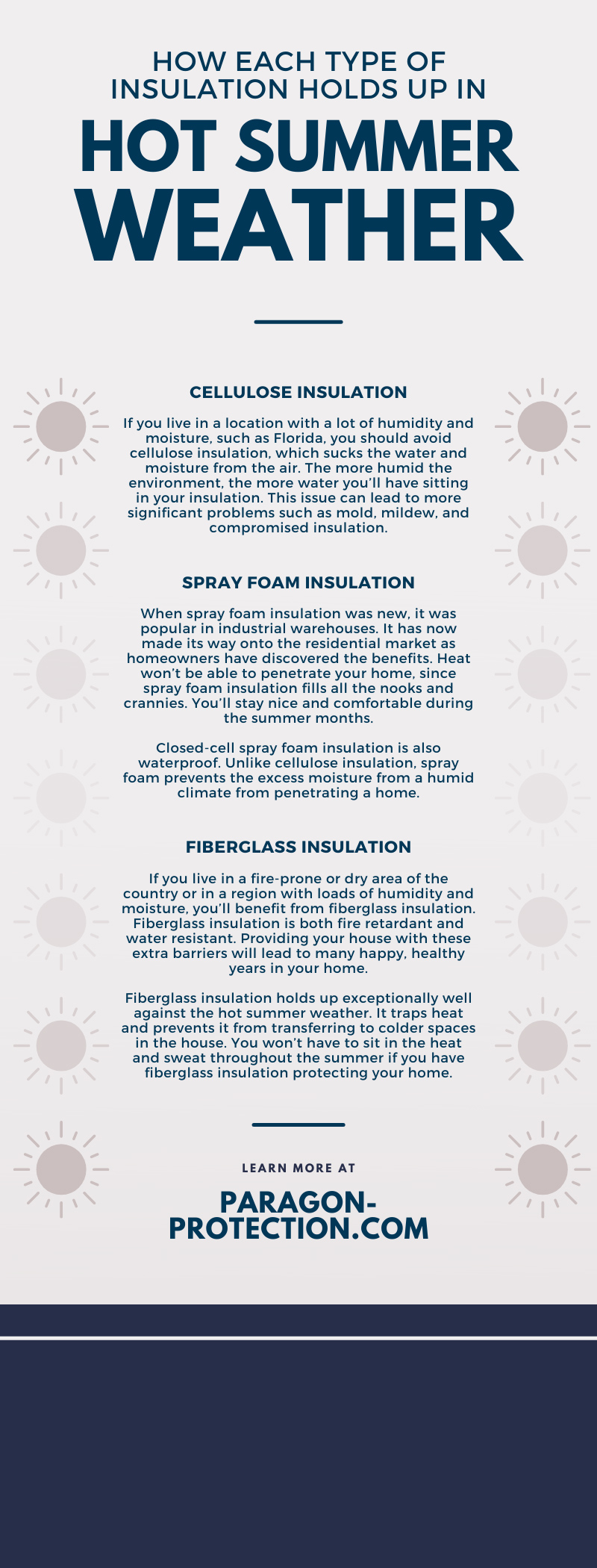

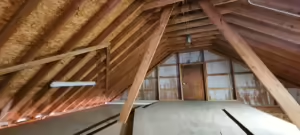
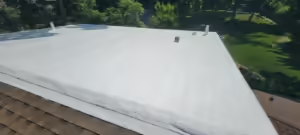
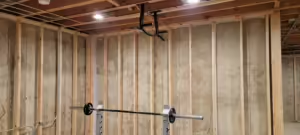
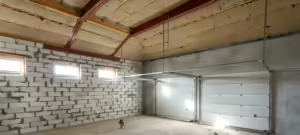

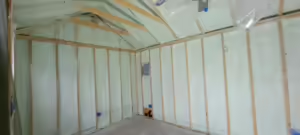
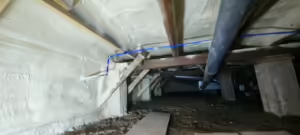
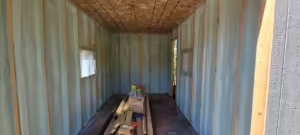
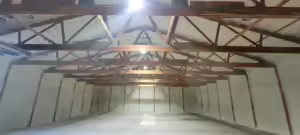
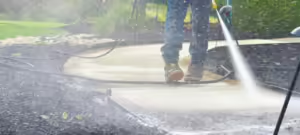
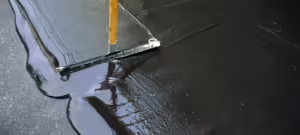
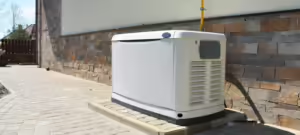
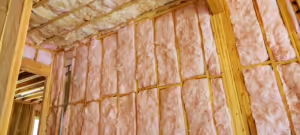
 Professional Insulation Services
Professional Insulation Services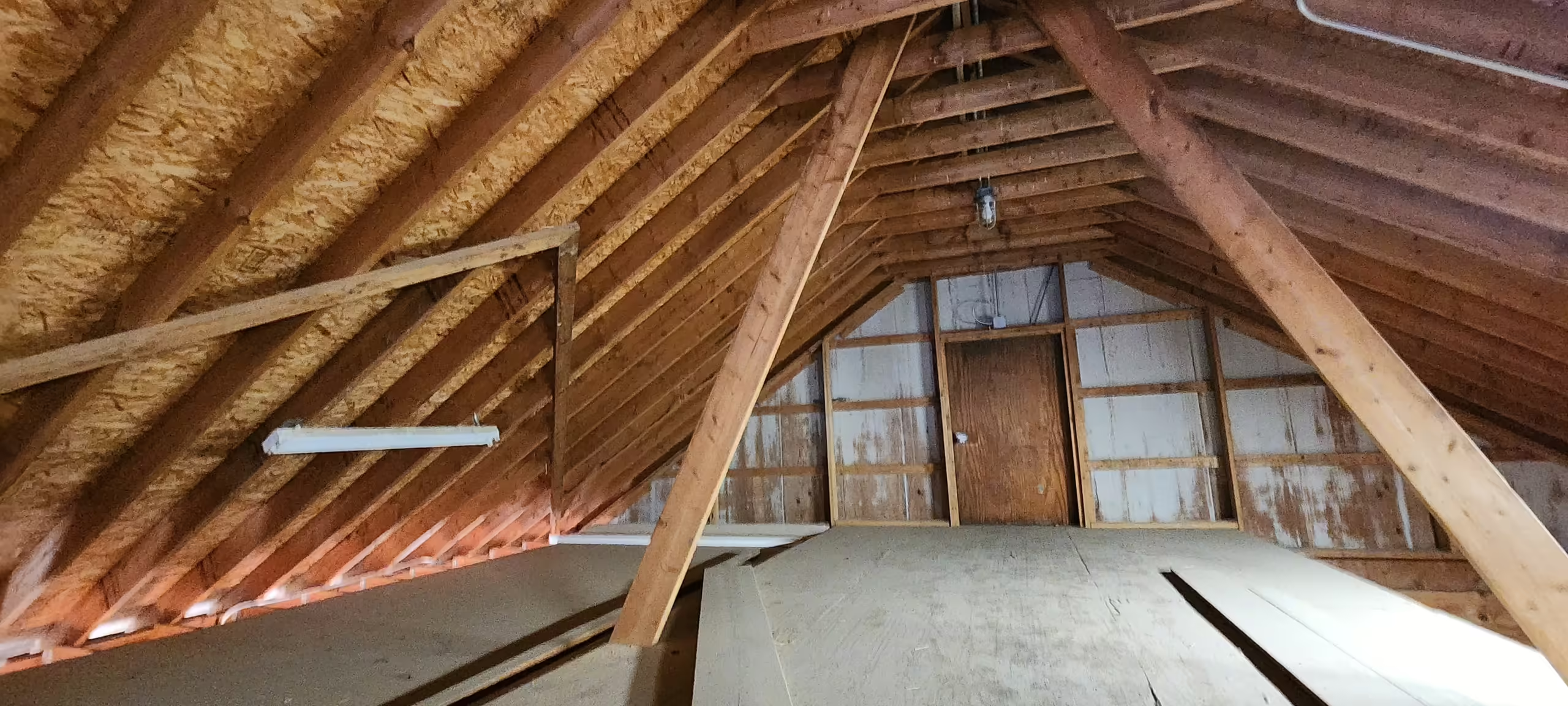 Attic Insulation Services
Attic Insulation Services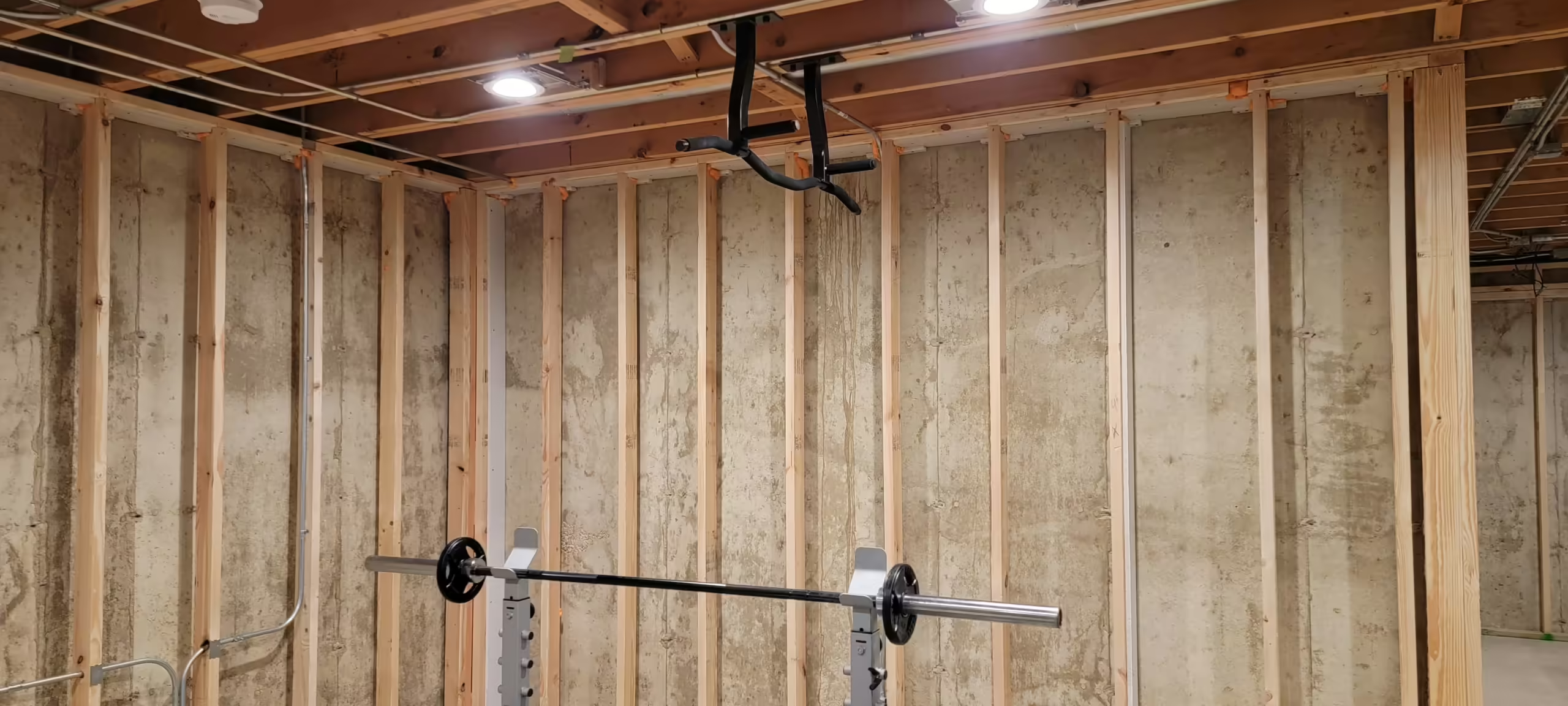 Basement Insulation
Basement Insulation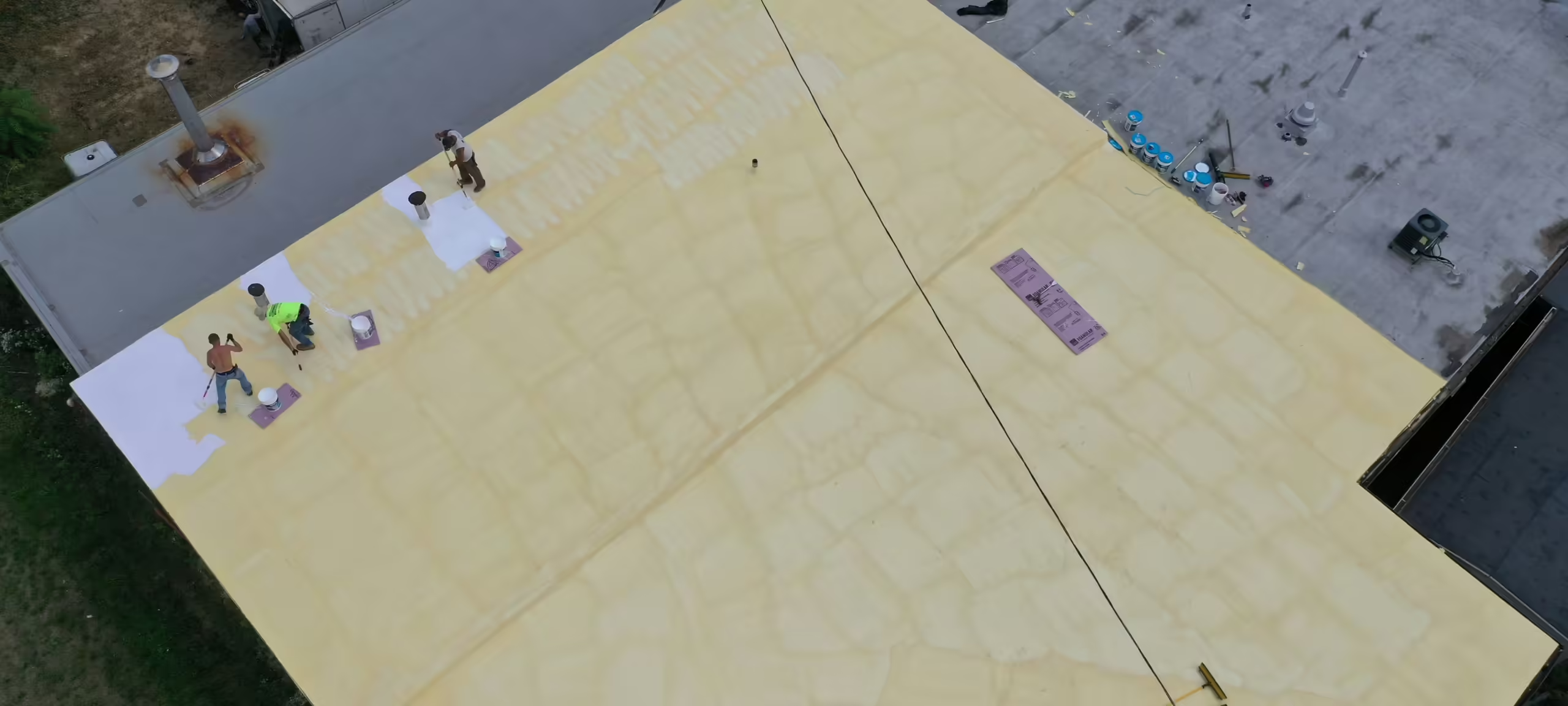 Commercial Insulation
Commercial Insulation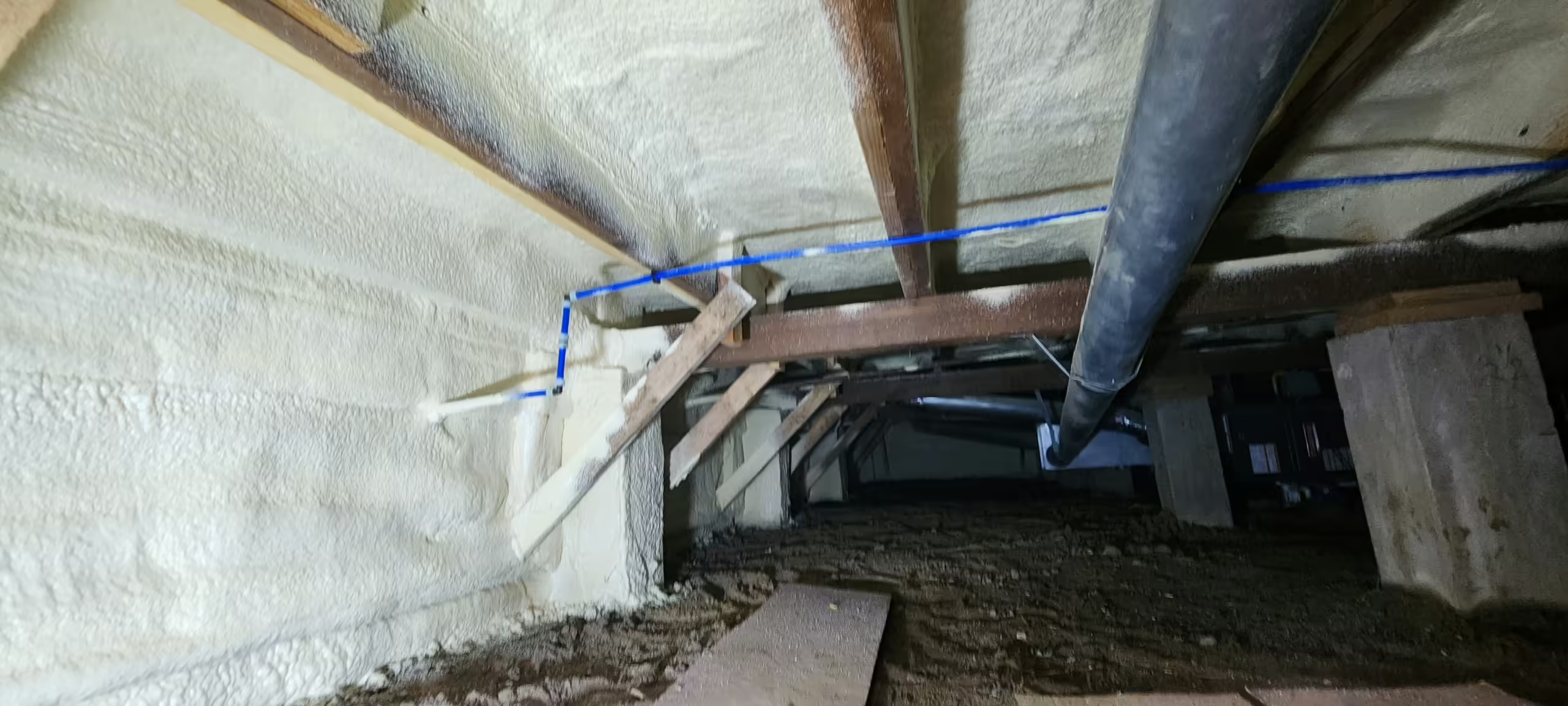 Crawl Space Insulation
Crawl Space Insulation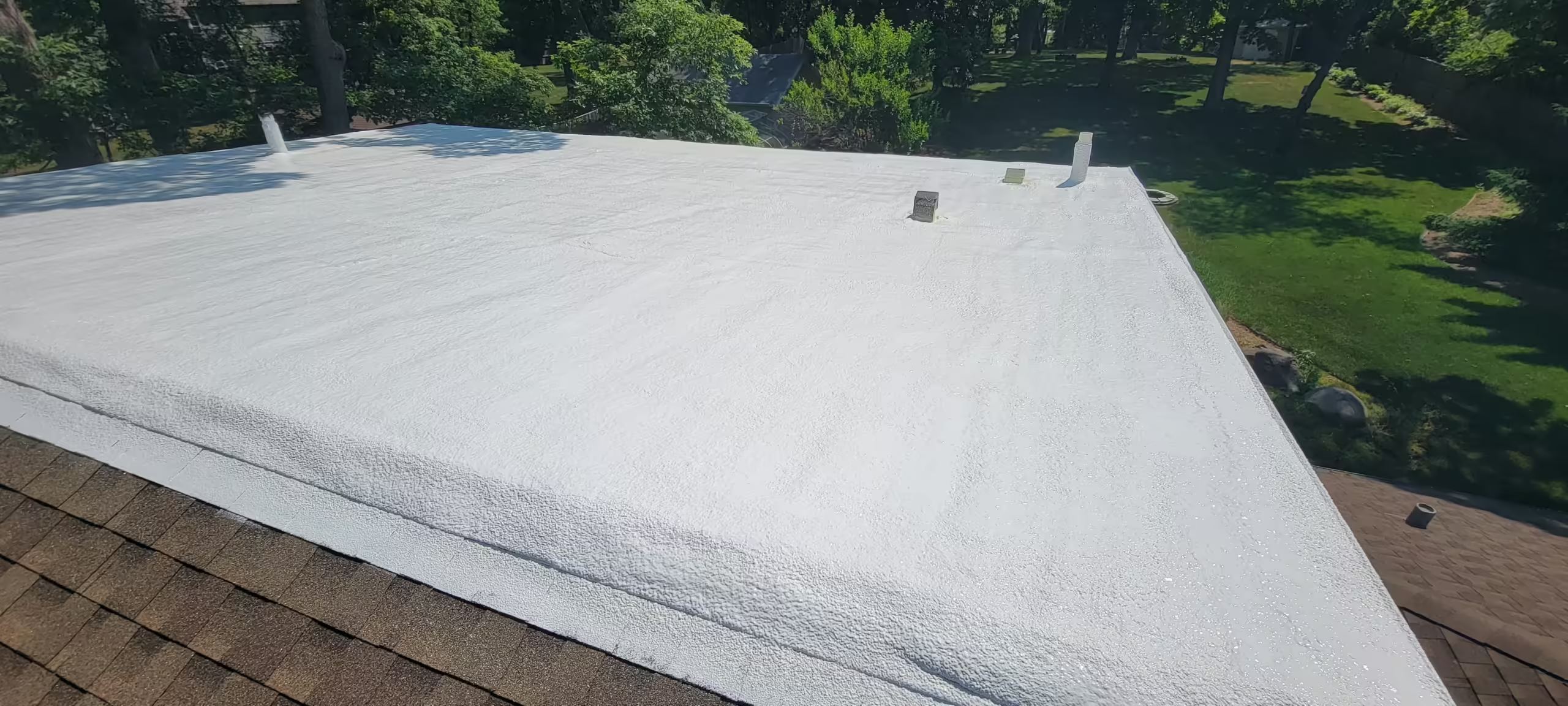 Exterior Wall Insulation
Exterior Wall Insulation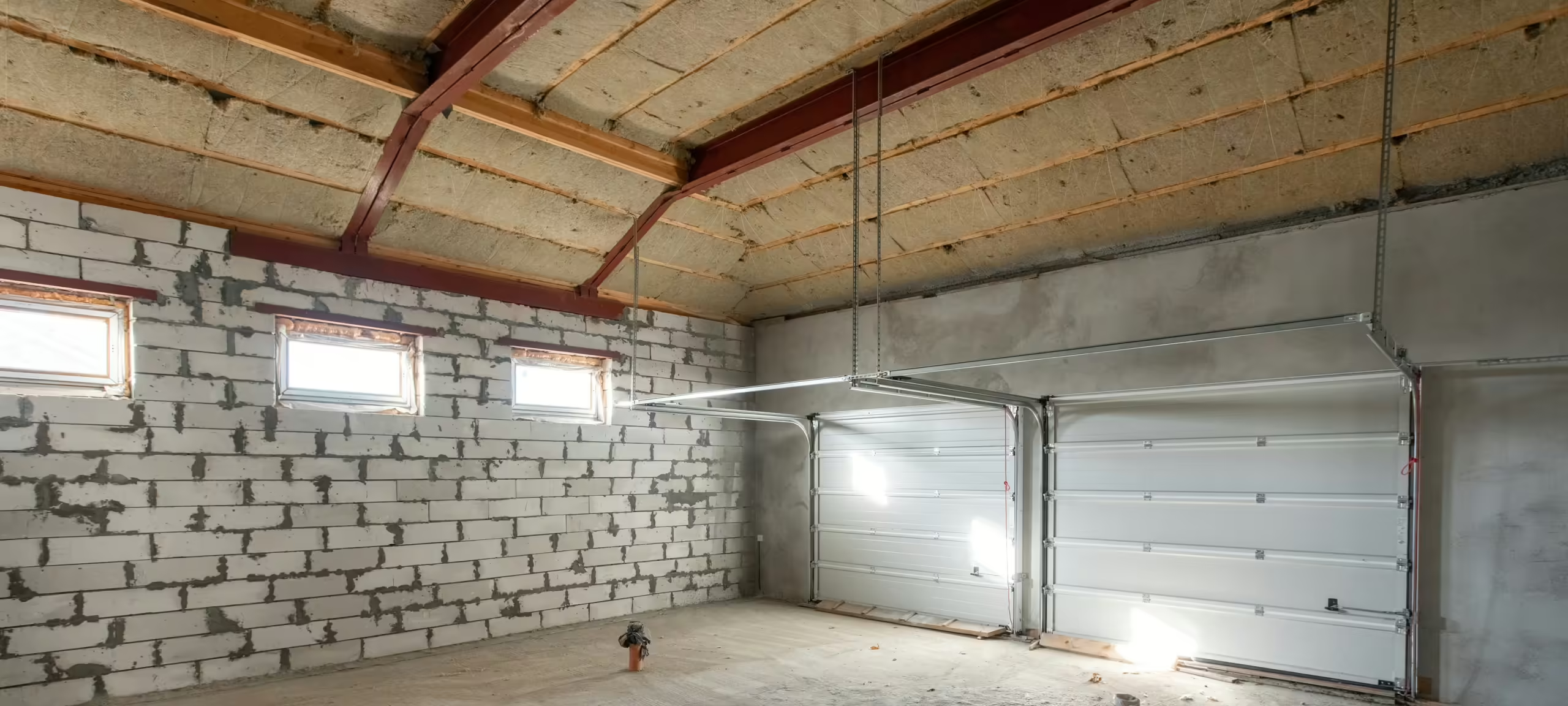 Garage Insulation
Garage Insulation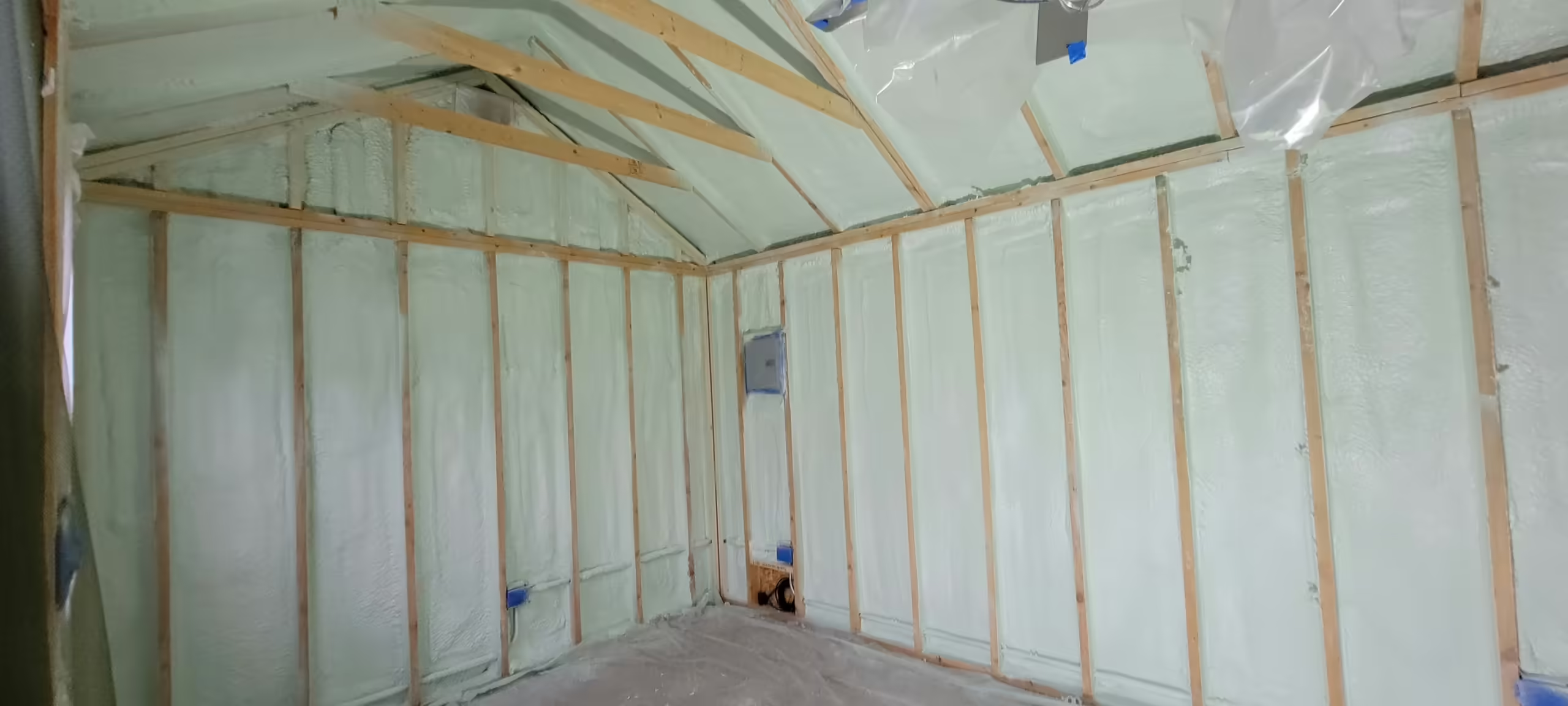 Interior Wall Insulation
Interior Wall Insulation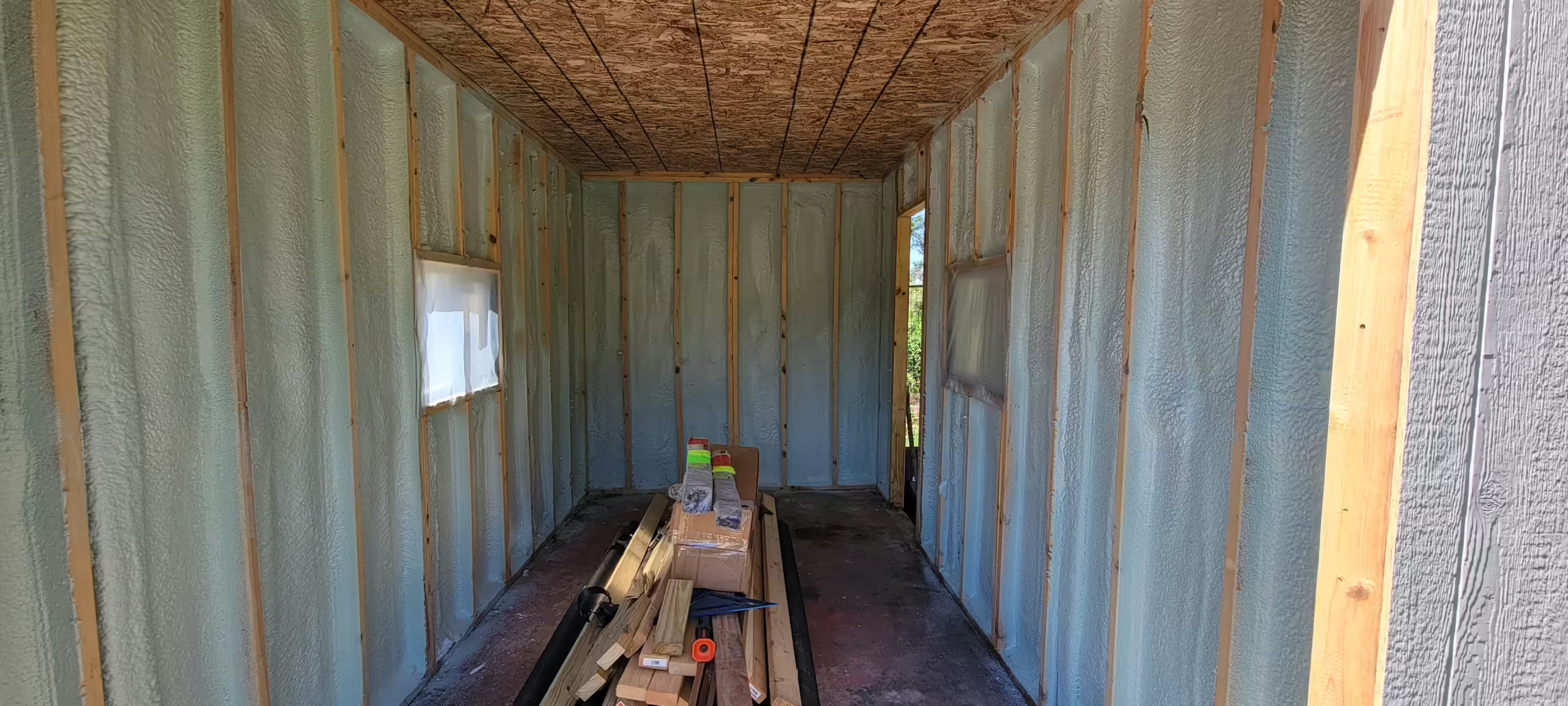 Shed Insulation
Shed Insulation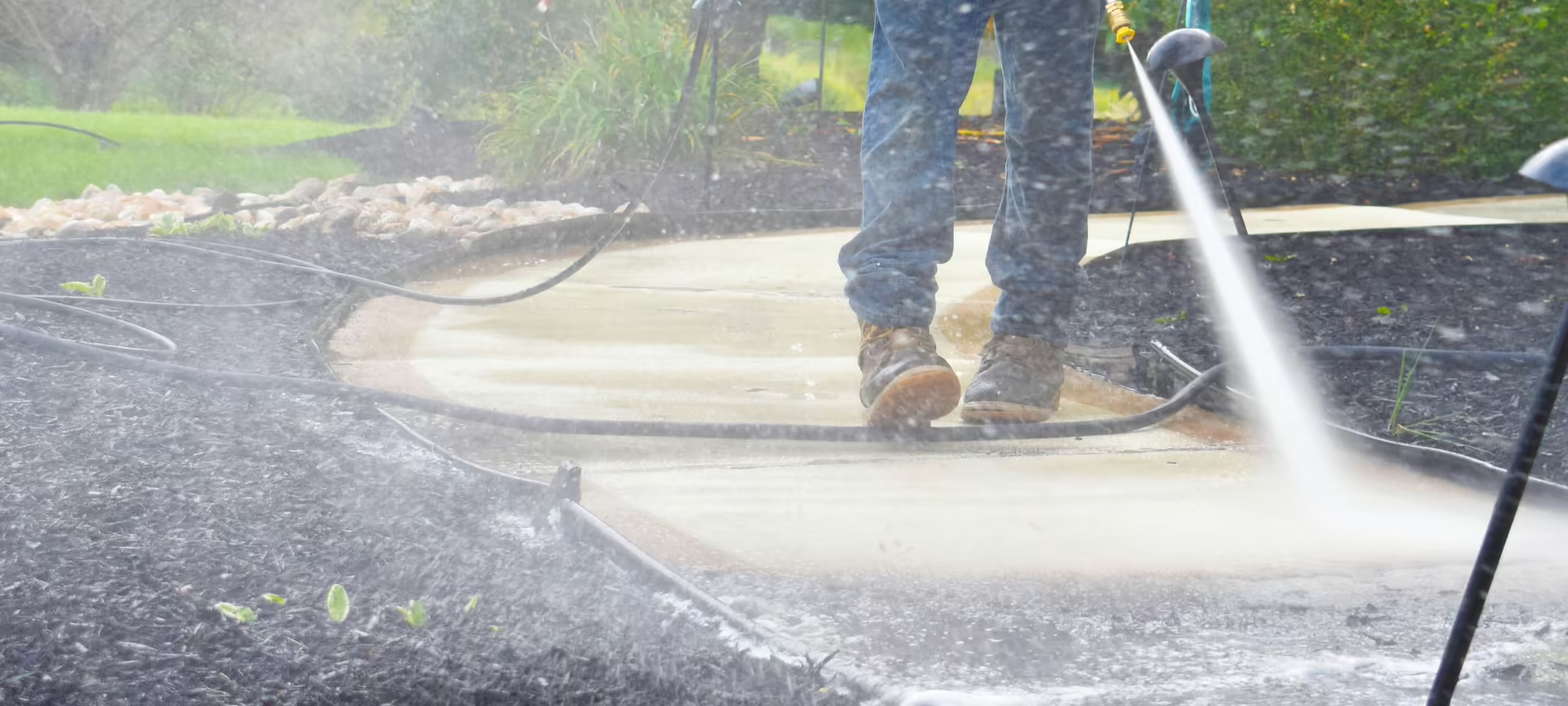 Power Washing
Power Washing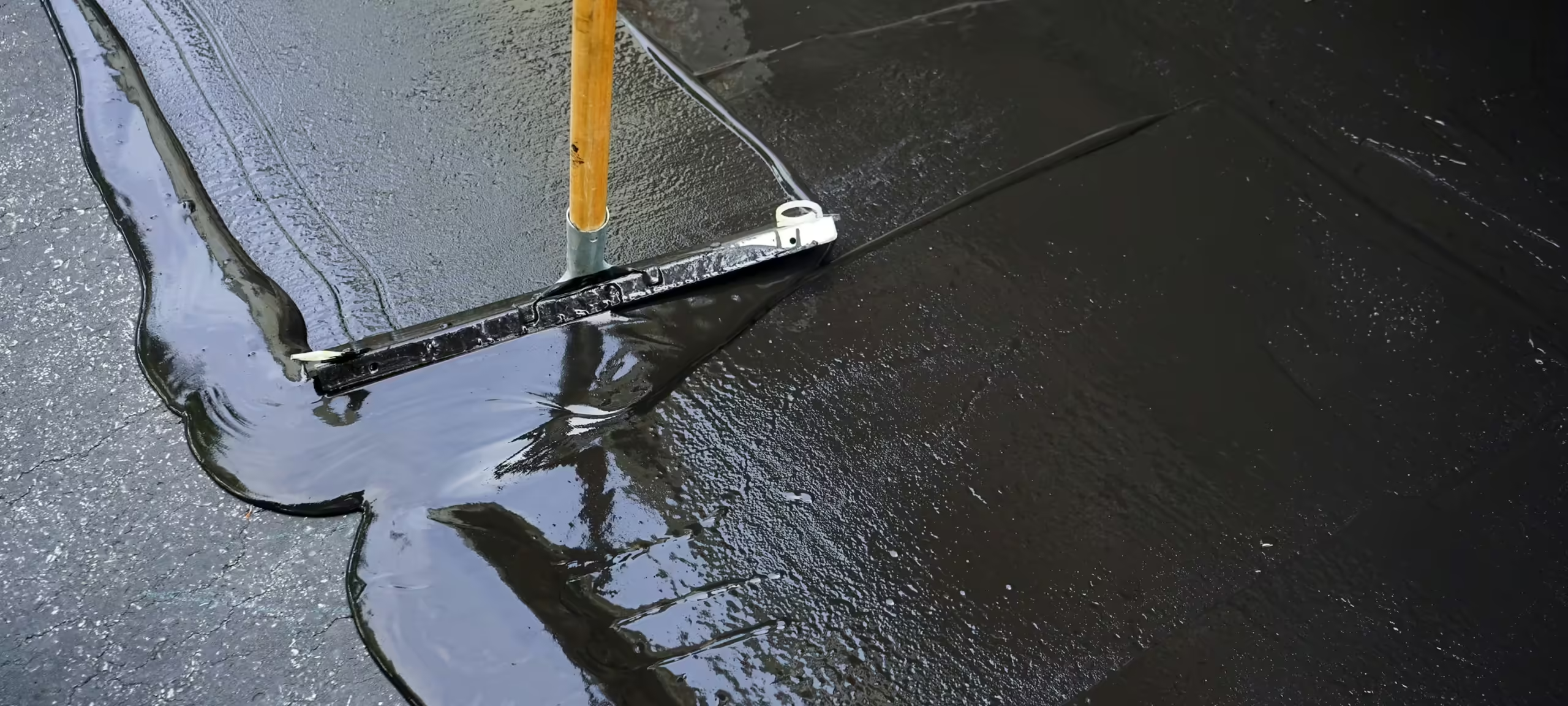 Sealcoating
Sealcoating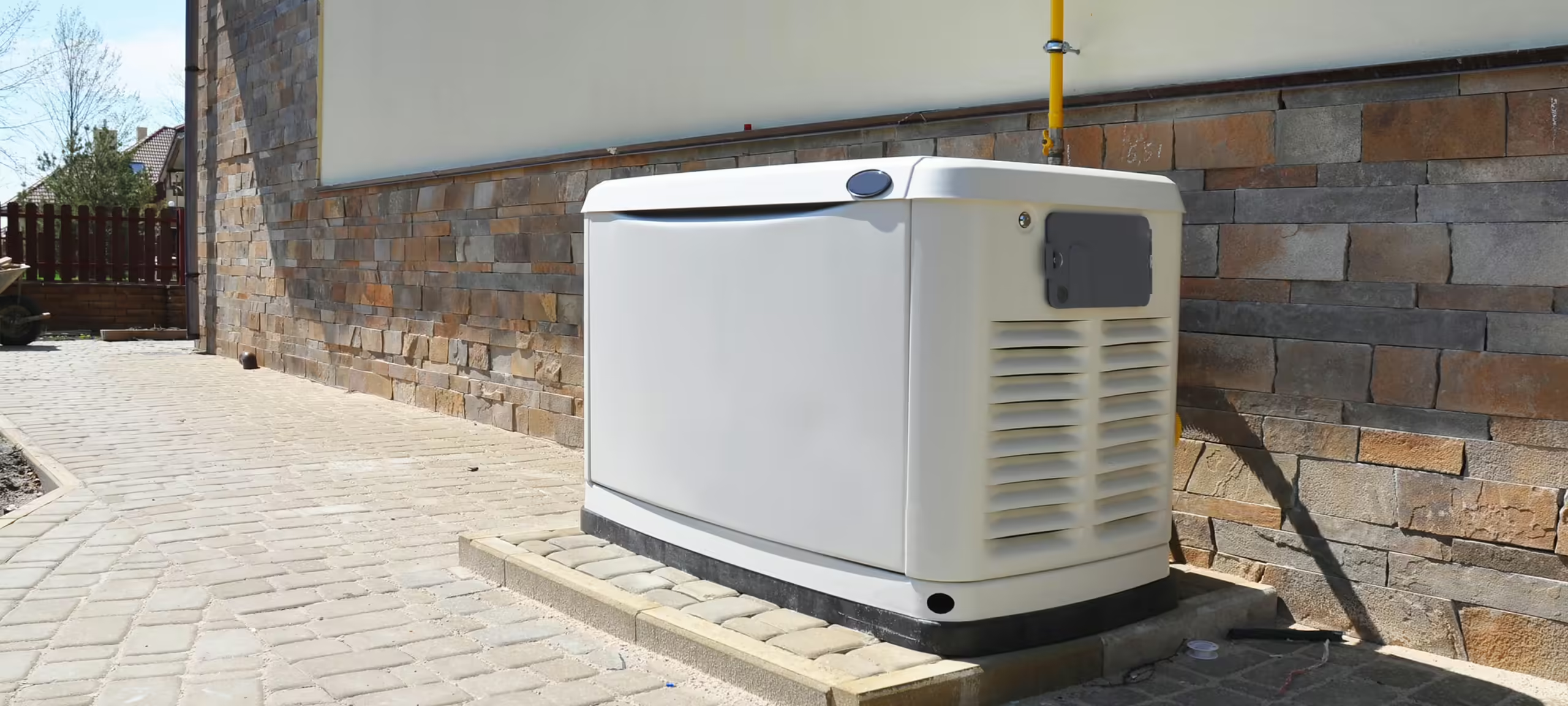 Backup Power Generators
Backup Power Generators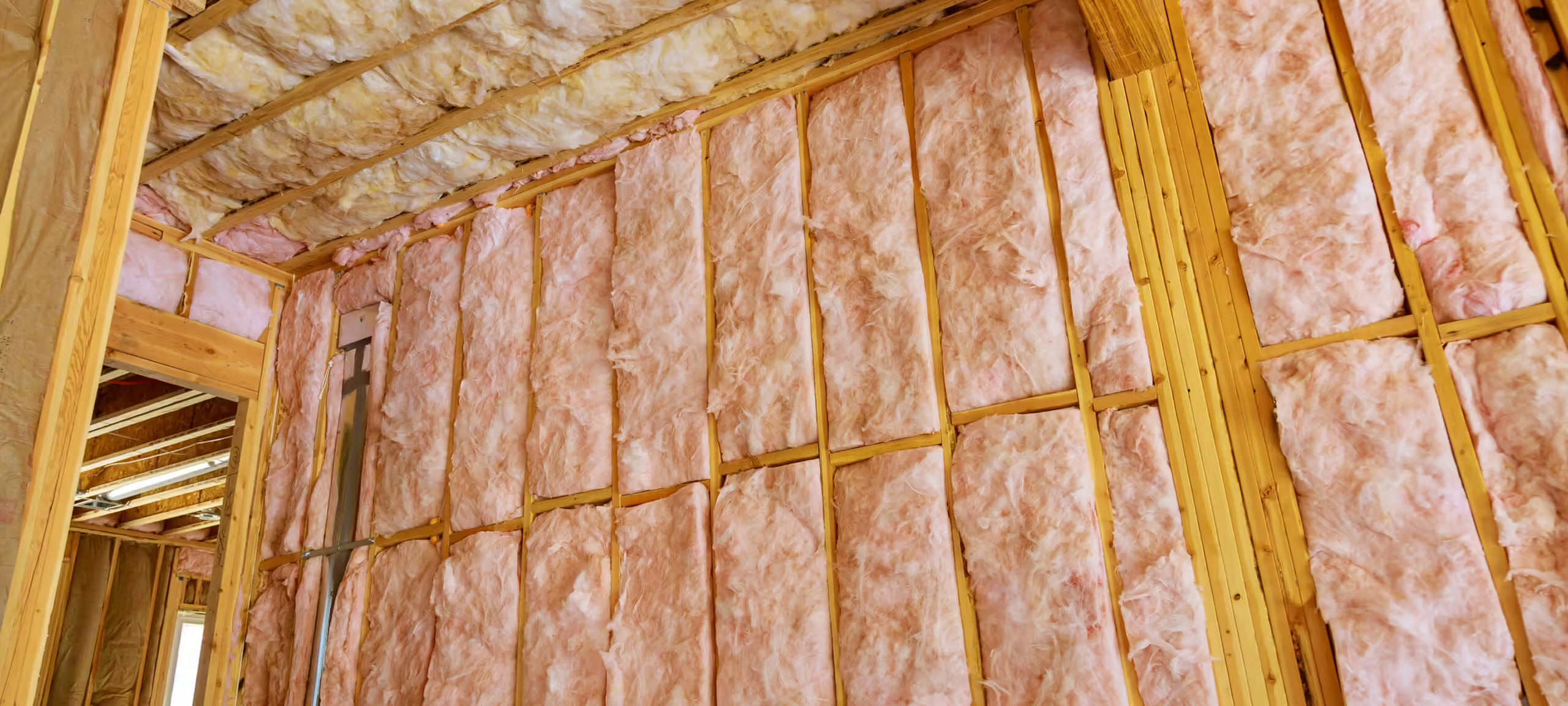 Insulation Removal Service
Insulation Removal Service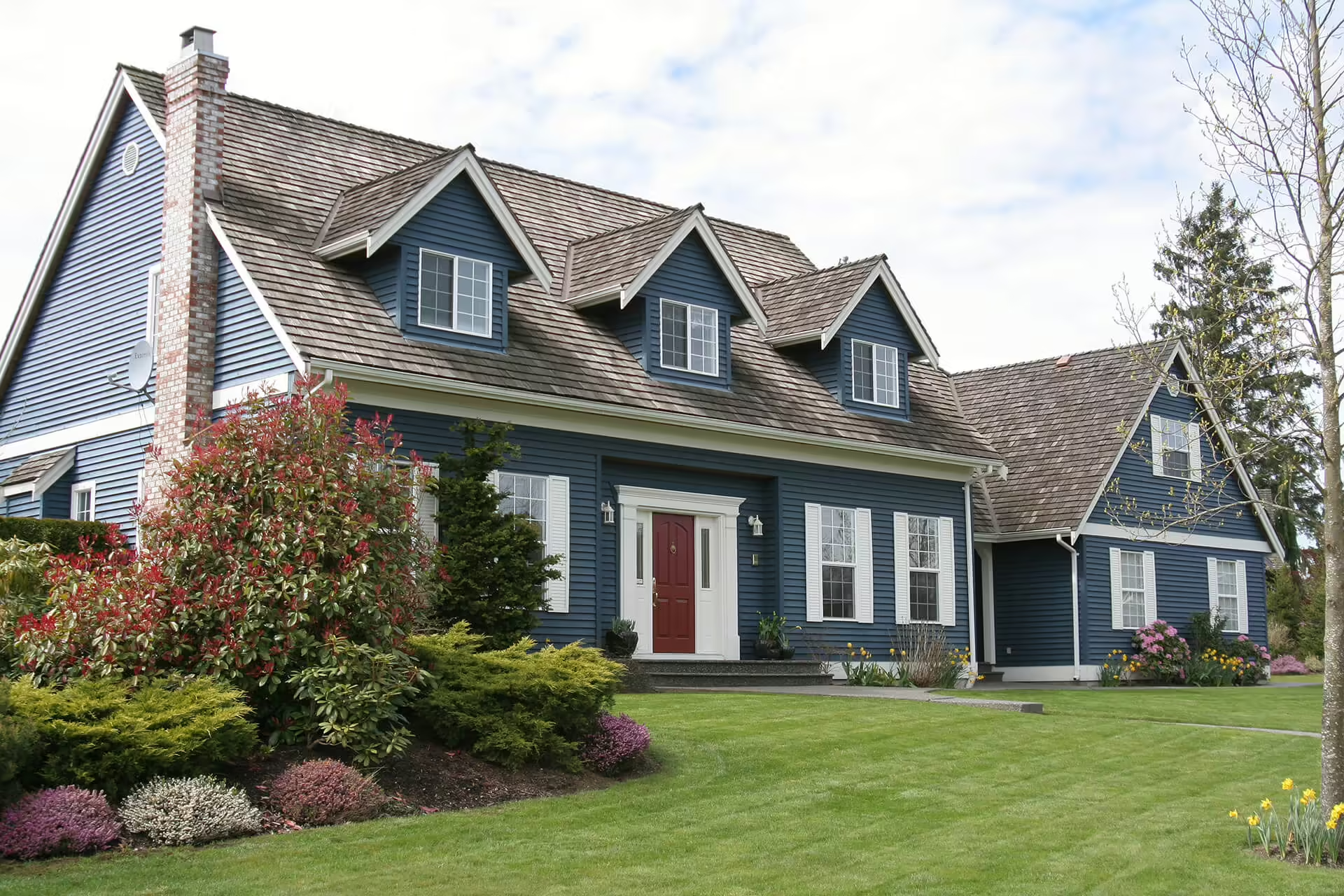 Lake County Insulation
Lake County Insulation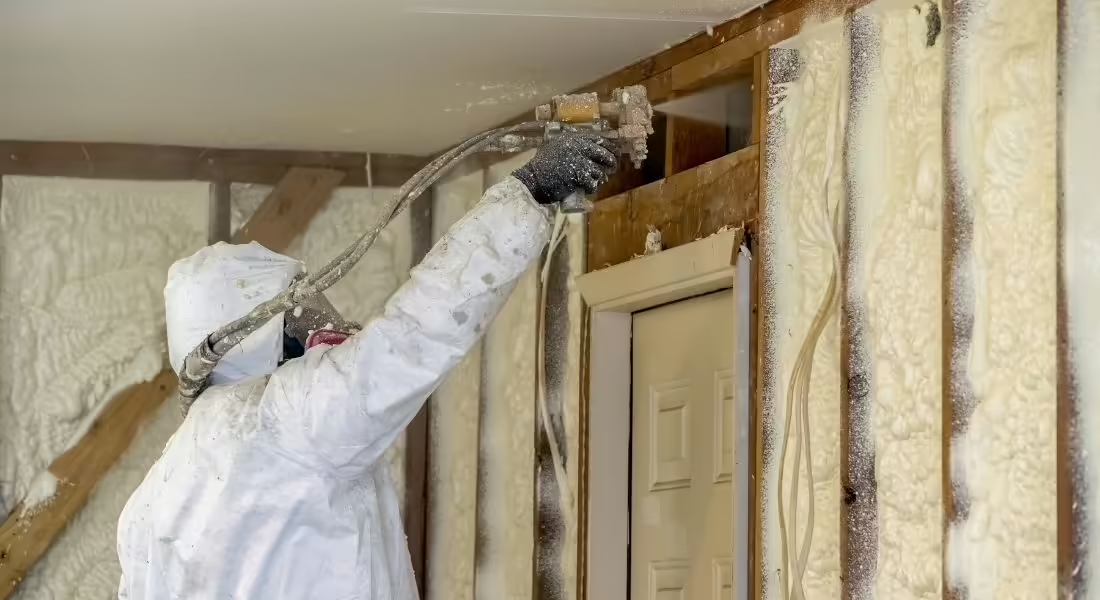 Spray Foam Insulation Guides
Spray Foam Insulation Guides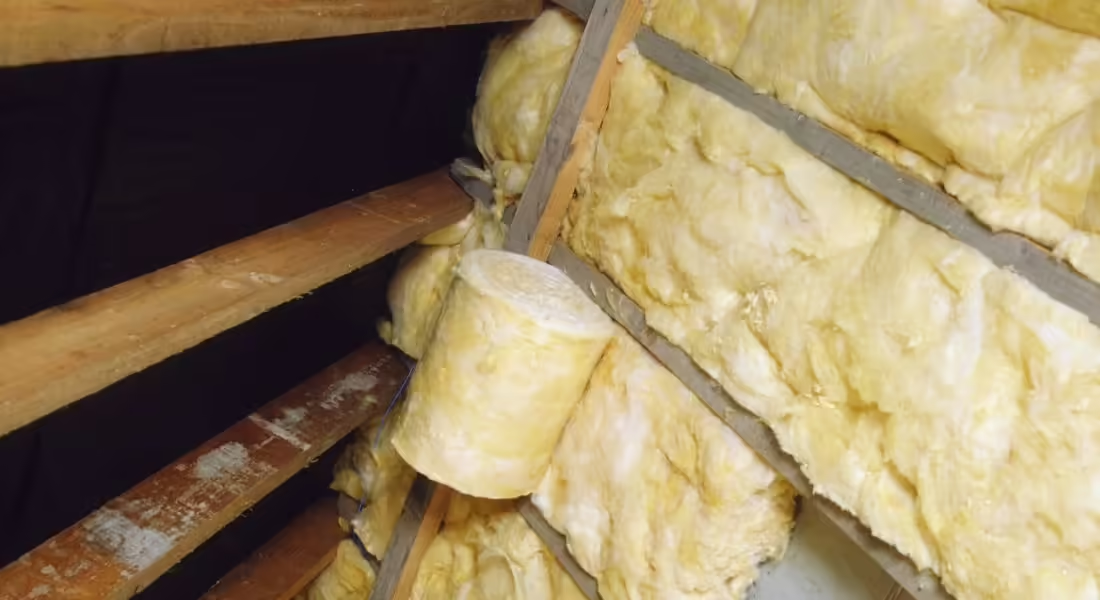 Insulation Guide
Insulation Guide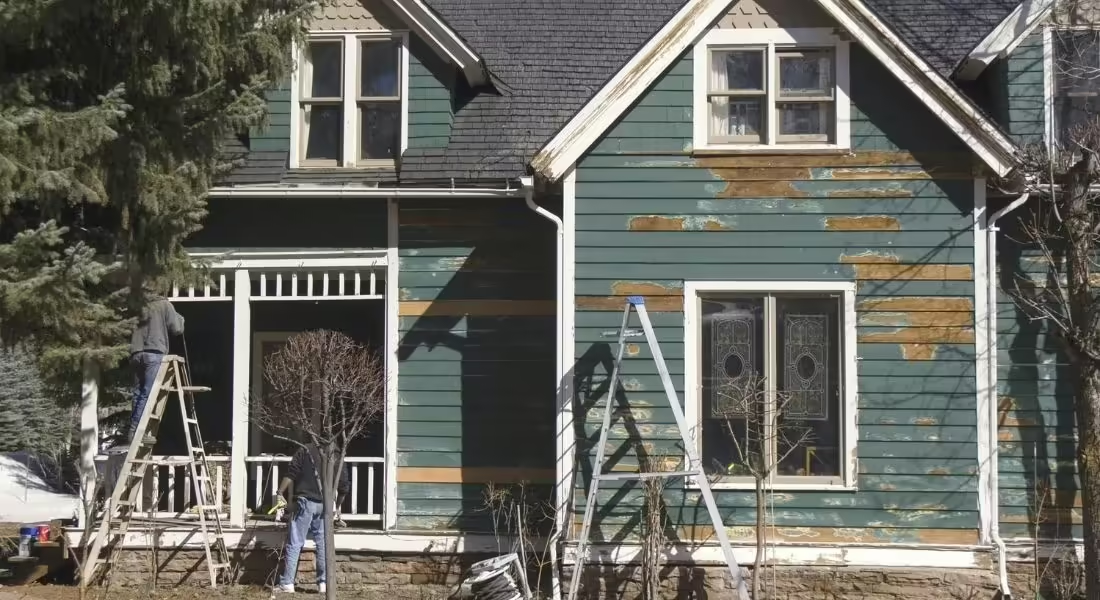 Home Improvement & Maintenance Guide
Home Improvement & Maintenance Guide